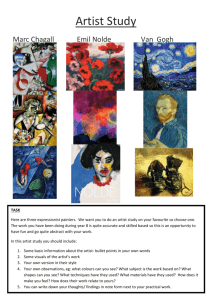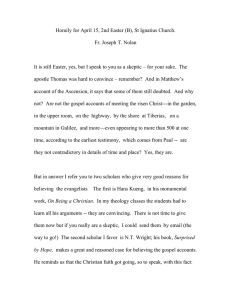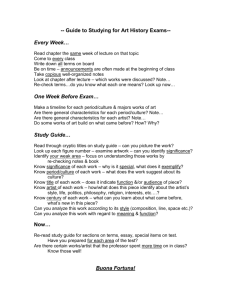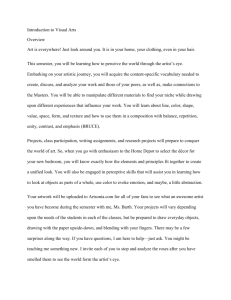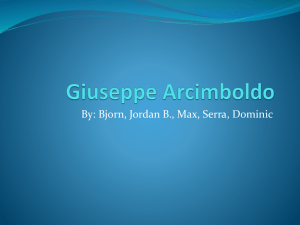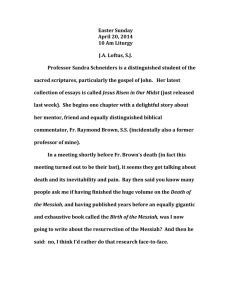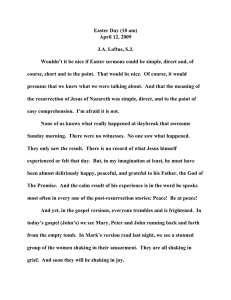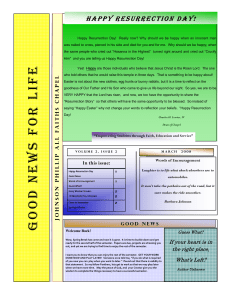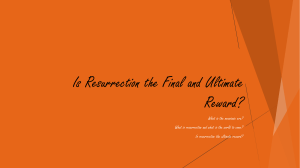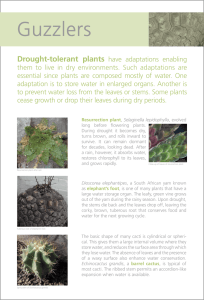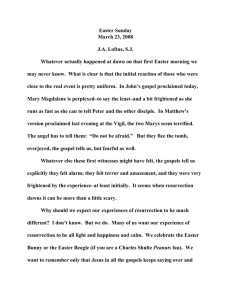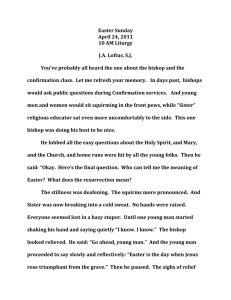Homily for Second Easter (A), May 1, 2011. Fr.... “On the morning of the first day of the week”...
advertisement
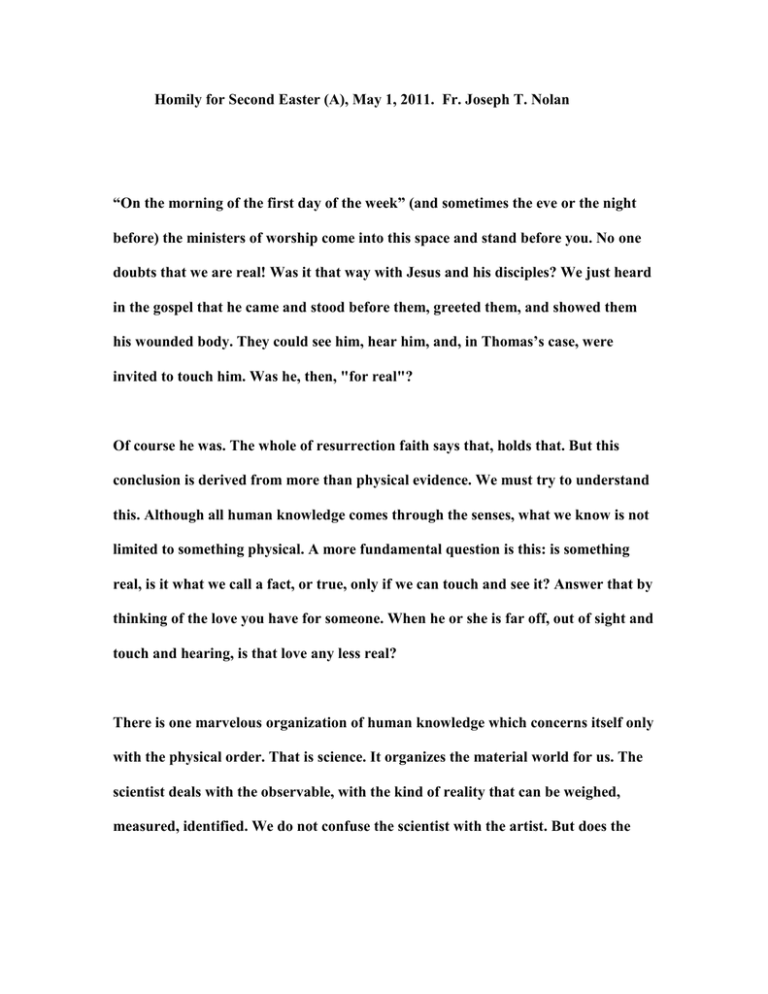
Homily for Second Easter (A), May 1, 2011. Fr. Joseph T. Nolan “On the morning of the first day of the week” (and sometimes the eve or the night before) the ministers of worship come into this space and stand before you. No one doubts that we are real! Was it that way with Jesus and his disciples? We just heard in the gospel that he came and stood before them, greeted them, and showed them his wounded body. They could see him, hear him, and, in Thomas’s case, were invited to touch him. Was he, then, "for real"? Of course he was. The whole of resurrection faith says that, holds that. But this conclusion is derived from more than physical evidence. We must try to understand this. Although all human knowledge comes through the senses, what we know is not limited to something physical. A more fundamental question is this: is something real, is it what we call a fact, or true, only if we can touch and see it? Answer that by thinking of the love you have for someone. When he or she is far off, out of sight and touch and hearing, is that love any less real? There is one marvelous organization of human knowledge which concerns itself only with the physical order. That is science. It organizes the material world for us. The scientist deals with the observable, with the kind of reality that can be weighed, measured, identified. We do not confuse the scientist with the artist. But does the artist concern herself with anything less real when she tries to communicate beauty, when the poet, for instance, suddenly thrills us with a new perception of truth? We will not understand the resurrection of Jesus until we go beyond the limits of the physical in understanding what is real. Our language is not the greatest help to us. To speak of something which is not physical, or bodily, or material, we use words like metaphysical, aesthetic, and spiritual. But metaphysics sounds like philosophy. Aesthetics come through to us as the realm of the artist. And the third term, spiritual, for many has come to mean "less real." (After all, to say "I will be with you in spirit" is for most of us less a real presence than coming through the door, bearing gifts or ready to embrace!) For many people, what science cannot prove does not exist. That's why some do not believe in the resurrection--or God But this is like using one hand when we have two, or one-half of the brain when we have two. We cannot emphasize too much that what is valuable and permanent, what is real, goes beyond what can be weighed and measured. We know instinctively that we are not summed up by our so-called vital statistics and we are right to resent photographs that give only one glimpse, always an inadequate one, of the "real me." One author who considered these things put his conclusion in this language: "If in any full sense I cannot know my home ground or my wife or Van Gogh’s pictures or Beethoven's music by weighing and measuring them, drawing up an inventory of their particulars, or reducing them to the dimensions of a mathematical model, then the fact that these procedures are completely out of the question with regard to the future life is no proof whatever of its non-existence. The cognitive grounds in terms of which some people deny the possibility of life after death--that such life is not susceptible to scientific investigation--would, if consistently applied, rob life on earth of all its meaning and value" (H.A. Williams, The Resurrection, p. 174). Could he say this any more strongly? Yes; he continues, "If what science cannot know is not knowledge, then life on earth would be impoverished to the point of virtual bankruptcy. But nobody in fact lives life on these conditions, for our humanity is stronger than our logic." He reinforces this line of thinking with a quote from William James, The Varieties of Religious Experience: "Philosophy lives in words, but truth and fact well up into our lives in ways that exceed verbal formulation." Yes, and one could add, science lives by observation, by measurement and testing, but there is a truth and a fact that also surges into our awareness which goes beyond measurement and testing and even language. The author we are quoting (Williams) puts it beautifully: "For what in the last resort we perceive is not an object we classify but a presence we feel." We feel like shouting, "Ring out, ye bells of Easter! Sing on, O golden voices of the Hallelujah chorus! For I know that my Redeemer liveth and I will be raised up on the last day." How we know this we may never fully know, except to describe it as a gift. And of this fullness we have all received. For Thomas and that group in the upper room it was not communicated merely by the senses. The presence they felt was the Risen One, whom the apostle rightly describes as "my Lord and my God."
